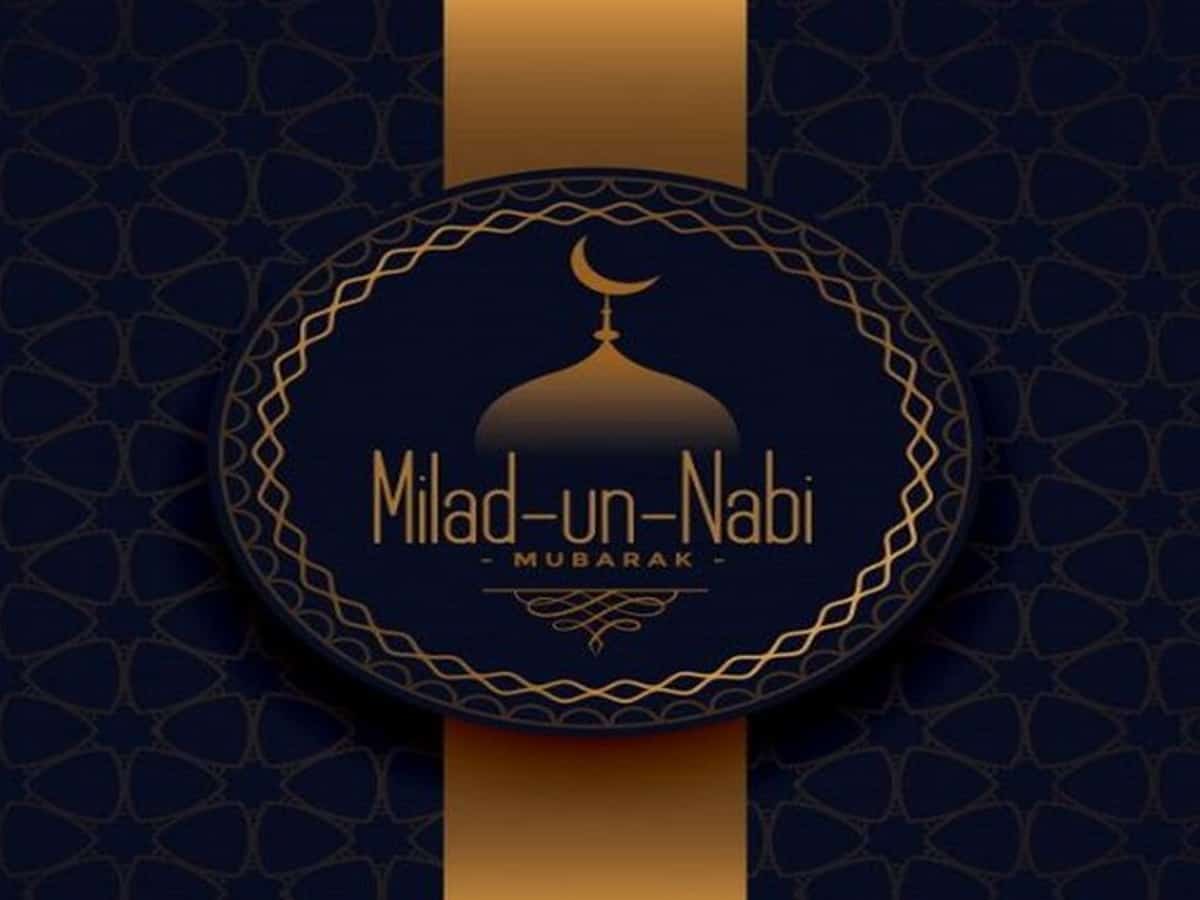
Mumbai: Eid Milad-un-Nabi is an annual celebration to commemorate the birth anniversary of Prophet Muhammad and is observed in the month of Rabi-ul-Awwal, the third month of the Islamic lunar calendar, which commences with the sighting of the moon. The occasion also marks the death anniversary of the Prophet.
This year, Eid-e-Milad is observed on October 9 in India using the Gregorian calendar.
Eid Milad Un Nabi: History & Significance
Prophet Hazrat Muhammad is thought to have attained enlightenment in 610 AD in a cave called Hira close to where he was born in Mecca, Saudi Arabia. Later, he preached Quranic values. On this day, it is traditional to listen to the hymns recited in the Prophet’s praise in order to get both earthly and heavenly rewards.
Shias and Sunnis, however, celebrate the day in different ways. Shias believe that on this day, Prophet Muhammad chose Hazrat Ali to be his heir. On the other hand, this day is a day of prayer gatherings for the Sunni population. Eid Milad un-Nabi was first commemorated in Egypt and eventually became a worldwide holiday.
Eid Milad Un Nabi: Date
On the twelfth day of the month of Rabi’ al-Awal, 570 CE, at Mecca, the Prophet Muhammad is said to have been born, according to official estimates. Rabi’ al-Awal is the third month in the Islamic lunar calendar (Hijri calendar).
As opposed to Sunni Muslims, who commemorate Eid Milad-un-Nabi on the 12th day, Shia Muslims are supposed to celebrate it on the 17th day of the same month. Islamists in various nations observe the day in accordance with their local lunar calendars. The day is determined annually based on moon sighting.
Eid Milad Un Nabi: Celebration
People frequently commemorate the anniversary in numerous countries with large-scale public processions and house decorations. At community prayers, teachings about the Prophet’s life are delivered in addition to prayers and donations of candy and clothing to the poor. People also hold green banners or flags on this day, and they dress in green or wear green ribbons to symbolise Islam and heaven.
Because it honours the kindness, compassion, and teachings of the holy Prophet, it is recognised as a major day for Muslims everywhere. His admirers honour him on his birthday and show how much they care for him.



